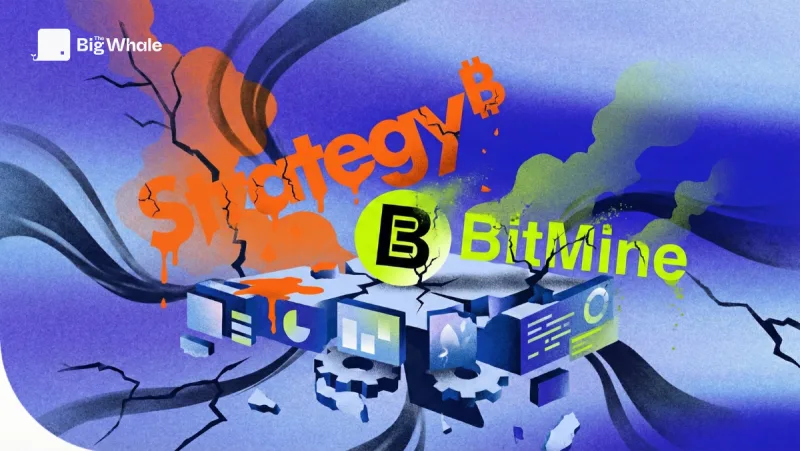TBW - Blockchain: is Switzerland in danger of falling behind?

After long being a pioneer on blockchain-related topics, Switzerland could very quickly lose its lead. In recent months, several companies have had their bank accounts closed, and a new concern is emerging: stablecoins could become increasingly difficult to use in the country.
A few months ago, the Swiss Financial Market Supervisory Authority (FINMA) published a practical guide to regulating stablecoins. Among the key measures is a particularly restrictive requirement: each stablecoin issuer must know the identity of all holders of its stablecoin.
This obligation, which is virtually impossible to implement, adds to an already long list of constraints. Notably the almost systematic qualification of tokens as means of payment by FINMA, or the token transfer standards (travel rules) now imposing stricter rules for cryptocurrencies than for fiat cash.
A real risk for the sector
While regulating the sector is legitimate, this regulation appears excessive and risks seriously damaging both the Swiss industry and the country's reputation. In a telling sign of this change, UBS, one of Switzerland's flagship banks, recently chose Singapore to launch its crypto.
currency fund. Faced with this situation, several blockchain associations, including the Good Token Society and the Swiss Blockchain Federation, have tried to raise the alarm about stablecoins, pointing to the lack of a legal basis for the measures and their possible contradiction with the Constitution. Without success.
The MiCA "reality check" for Switzerland
The issue is all the more crucial as the European Union has just adopted MiCA, establishing a regulatory framework for stablecoins. While the concrete impact of this regulation remains debated - it is still early to judge - experts agree on one point: despite its imperfections, it offers welcome clarity for stablecoins.
With this in mind, will Europeans be tempted to cross the border, attracted by the "Swiss-style" blockchain model? A cursory examination suggests not.
In fact, blockchain companies now find themselves confined to a market of 8 million inhabitants, denied access to the European market and faced with ever more restrictive bureaucracy. What's more, certain activities, such as issuing stablecoins, are now more advantageous in Europe than in Switzerland.
Every indication is that MiCA will encourage the concentration of the sector around the major European players, to the detriment of SMEs and Swiss companies. The risk of an exodus to more welcoming jurisdictions such as the Caymans, Panama or Dubai is real.
But nothing is certain. Switzerland can still regain its dominant position. This requires a radical change in the regulator's approach: regain its specificity, relax regulations (particularly on stablecoins), strengthen public support, increase funding and negotiate international equivalences.
Because let's not forget: blockchain represents one of the most revolutionary innovations of our time and a formidable tool for technological sovereignty. Faced with this new paradigm, it's better to embrace it than fight it.



